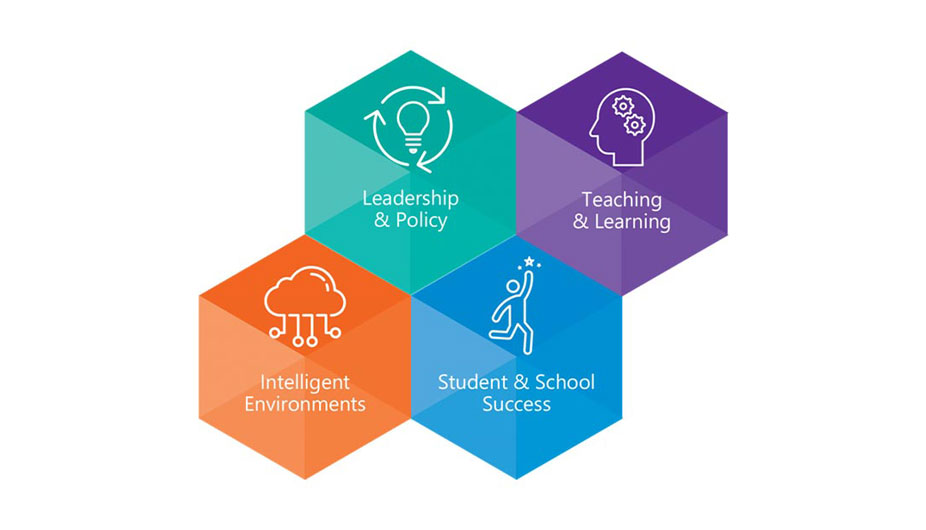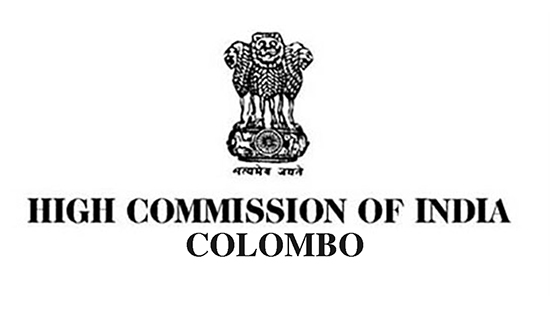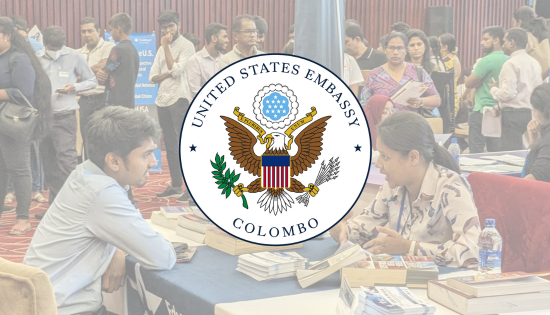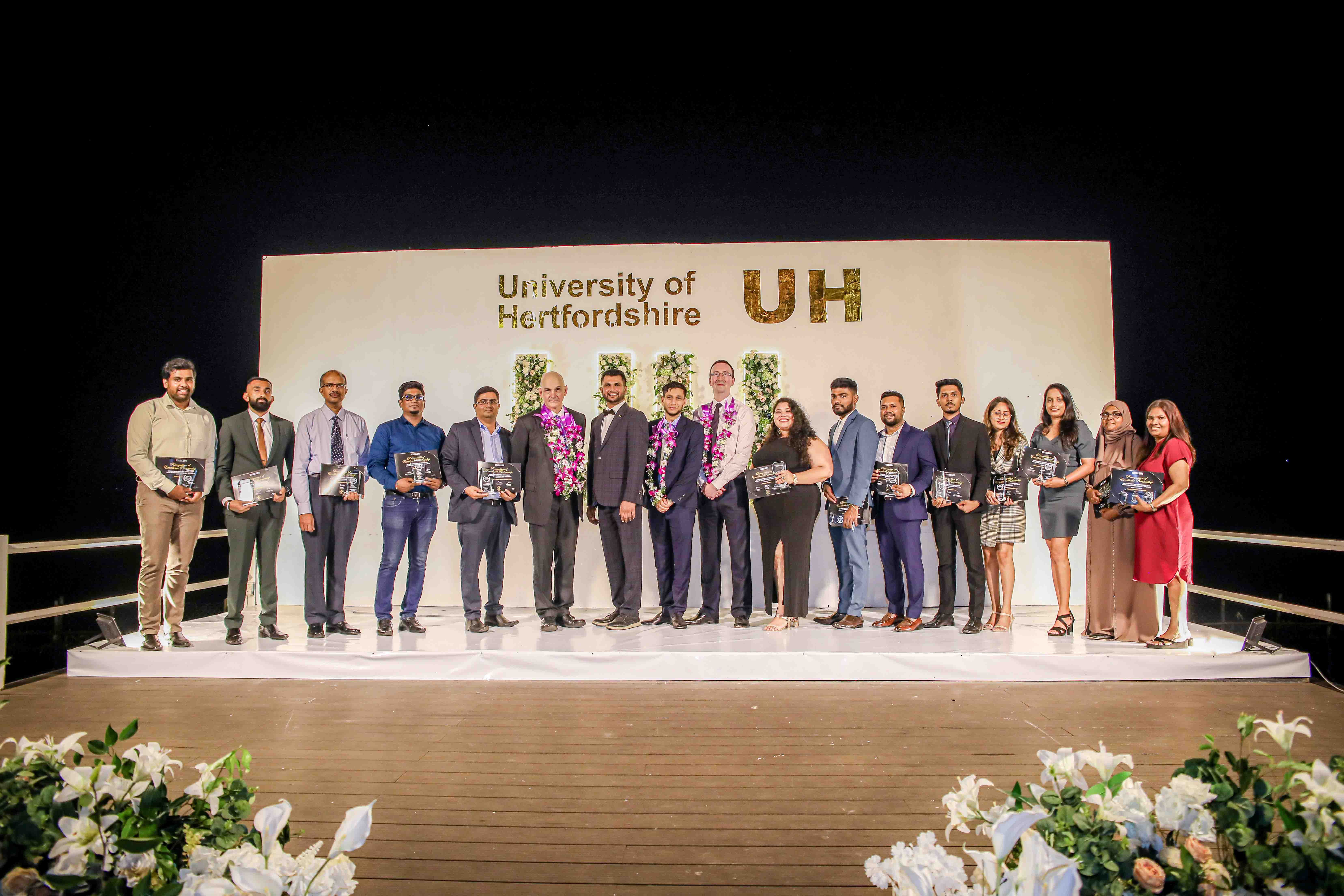Transforming Sri Lanka’s School Education System for Global Excellence

To embark on a comprehensive reform and restructuring of the Sri Lankan school education system, with an eye towards aligning it more closely with international standards such as the British education system, requires a multifaceted approach. This strategy involves not only structural changes but also an upgrade in the educational content to leverage Sri Lanka’s unique strengths. Such reforms are imperative for equipping students with the skills necessary to compete on a global scale, thereby fostering national growth through an educated, forward-thinking generation. Below, we outline a roadmap for this ambitious transformation, underlining the importance of these changes, suggesting structural adjustments, curriculum enhancements, and drawing inspiration from international precedents.
The Imperative for Educational Reform
Why Reform? The current global landscape is characterized by rapid technological advancements, shifting economic powers, and evolving job markets. For Sri Lanka to remain competitive and ensure its youth can thrive in this environment, its education system must be adaptable, skill-oriented, and globally aligned. Reforming the education system is not just about international standards compliance but about unleashing the full potential of Sri Lankan students, making them global citizens with local roots.
Structural Changes
Towards a Modular and Flexible System: One of the first steps in structural reform is transitioning towards a more modular and flexible educational system. This involves the introduction of elective subjects from an early stage, allowing students to tailor their education to their interests and strengths, similar to the flexibility seen in the British A-Level system.
Decentralization: Implementing a decentralized administration for schools to allow more autonomy in curriculum adaptation, resource allocation, and teaching methodologies. This enables schools to innovate and cater to the unique needs of their student populations.
Technology Integration: Establishing smart classrooms and digital learning resources as standard infrastructure across all schools to ensure students are adept in the latest technological tools and resources, preparing them for a digital future.
Curriculum Enhancement
Global Competence with Local Roots: The curriculum should be designed to foster global competence, with a strong emphasis on English language proficiency, critical thinking, and problem-solving skills. However, it’s equally important to integrate local history, culture, and values to preserve Sri Lanka’s rich heritage.
STEM and Digital Literacy: A focus on STEM (Science, Technology, Engineering, and Mathematics) education, coupled with digital literacy, coding, and computational thinking from an early age, will prepare students for the demands of the 21st century.
Life Skills and Mental Health: Incorporating life skills education, including financial literacy, environmental awareness, and mental health education, to develop well-rounded individuals capable of navigating life’s challenges.
Examples of Success
Finland’s Holistic Approach: Finland has achieved acclaim for its student-centric, holistic education system that emphasizes wellbeing, creativity, and critical thinking over rote learning. Sri Lanka can take inspiration from Finland’s approach by adopting a less exam-centric and more skills-oriented education model.
Singapore’s Emphasis on Innovation: Singapore’s education system is renowned for its emphasis on innovation, STEM, and bilingualism, propelling it to the forefront of global education rankings. By encouraging creativity, innovation, and a bilingual curriculum, Sri Lanka can similarly position its students for success.
Estonia’s Digital Transformation: Estonia’s remarkable digital transformation in education, with a strong focus on IT literacy from a young age, serves as a model for integrating technology into education, an area where Sri Lanka can significantly benefit.
Implementation and Challenges
Teacher Training and Development: A critical component of educational reform is the continuous professional development of teachers. Investing in training programs to equip teachers with the skills to deliver the new curriculum effectively and use technology in the classroom is essential.
Infrastructure and Resources: Ensuring equitable access to the necessary infrastructure, including modern classrooms, laboratories, and digital resources, across urban and rural schools, is a major challenge that requires careful planning and investment.
Community and Stakeholder Engagement: Engaging parents, communities, and private sector stakeholders in the reform process is crucial for its success. Their input and support can provide valuable insights and resources for the implementation of reforms.
Reforming and restructuring the Sri Lankan school education system is a monumental task that requires vision, commitment, and collaboration across multiple sectors. By adopting a phased approach that incorporates structural changes, curriculum enhancements, and learns from international best practices, Sri Lanka can create an education system that not only meets international standards but also addresses the unique needs and strengths of its students. This will pave the way for a future where Sri Lankan students are not just participants but leaders on the global stage, contributing to the country’s growth and development.
The journey towards educational reform is complex and challenging but essential for the nation’s future. With concerted effort and dedication, Sri Lanka can transform its education system into a beacon of excellence, innovation, and inclusivity.
- SW – Suggestion by Team EduWire to Make a Better Tomorrow
Related News
Royal College welcomes its new Principal – Mr.Athula Wijewardena
Royal College welcomes its new Principal, Mr. Athula Wijewardana. With a distinguished career in educational leadership, Mr. Wijewardana brings a wealth of…
Read MoreNavigating the Future: Essential Skills for the Workforce in 2030
As we navigate the rapidly evolving job market, understanding which skills will become essential in the coming years is vital for both…
Read MoreFrom Different Eras to the Era of AI
It only took five to six decades for humanity to reach its current state. The transition from the industrial period to the…
Read MoreFeel The Beat of A Medical Doctor
An Unforgettable Experience! On the 15th of March 2025, the Lanka Hospital Auditorium came alive with the rhythm of medical excellence as…
Read MoreMaster’s Degree any student can do and they are in High Demand
In today's rapidly evolving global job market, Sri Lankan students have a unique opportunity to enhance their career prospects by pursuing master's…
Read MoreCourses
-

IMC – Bachelor of Psychology
IMC Education Overview IMC Campus in partnership with Lincoln University College (LUC) Malaysia offers Bachelor of Psychology Degree right here in Sri… -

ANC – BA (Hons) International Business Management (Top-Up)
ANC Education Overview Designed in partnership with public and private business organizations, this program develops one’s ability to critically evaluate business models… -

IIT – BSc (Hons) Computer Science
IIT Campus Overview BSc (Hons) Computer Science provides a solid foundation and training regarding the fundamentals of the computer science field, along… -

APIIT – BSc (Hons) Cyber Security
APIIT Sri Lanka Overview Our BSc (Hons) Cyber Security award is designed to launch your future career in the protection of software… -

ICBS – BSC (Hons) Business Management with Marketing Management
ICBS Overview The BSc (Hons) Business Management with Marketing program, awarded by Queen Margaret University (QMU), is a highly regarded degree that… -

UTS – Diploma of Science
UTS College Sri Lanka Overview The Diploma of Science is designed to empower you to apply scientific thinking and analysis to important… -

CSA – Master of Architecture and Environmental Design
City School of Architecture Overview The Master of Architecture and Environmental Design Degree at CSA is awarded by the University of the… -

APIIT – BSc (Hons) International Business Management
APIIT Sri Lanka Overview Increasingly businesses are becoming more and more international. This requires business management professionals to have knowledge, skills and… -

IIT – BSc (Hons) Artificial Intelligence And Data Science
IIT Campus Overview The BSc (Hons) Artificial Intelligence and Data Science course is awarded by Robert Gordon University (RGU) in the UK… -

ICBS – International Degree Foundation in Business / IT
ICBS Overview The Scottish Qualification Authority (SQA) is a globally recognized organization dedicated to education and qualification development. SQA is responsible for… -

APIIT – BA (Hons) Finance and Business Enterprise
APIIT Sri Lanka Overview Finance and accounting are no longer just about taxation and the management of financial capital. This award will… -

APIIT – MBA General
APIIT Sri Lanka Overview The MBA is awarded by Staffordshire University, UK. This award is an advanced course of study in management… -

ANC – LLM in International Business & Commercial Law
ANC Education Overview This course is designed for graduates of law, business and finance in a legal or a corporate job role… -

AOD – BA (Hons) Fashion Design and Marketing
Academy of Design Overview The syllabus is from the UK’s Northumbria University, as one of their most revered flagship programmes and is… -

APIIT – MSc. Marketing Management
APIIT Sri Lanka Overview This MSc Marketing Management degree – awarded by Staffordshire University, UK is an advanced course of study in…
Newswire
-

Welikada OIC faces transfer over suspect’s death in police custody
ON: April 6, 2025 -

NPP MP Kosala Nuwan (38) passed away
ON: April 6, 2025 -

Weather advisory for severe lightning issued to 15 districts
ON: April 6, 2025












